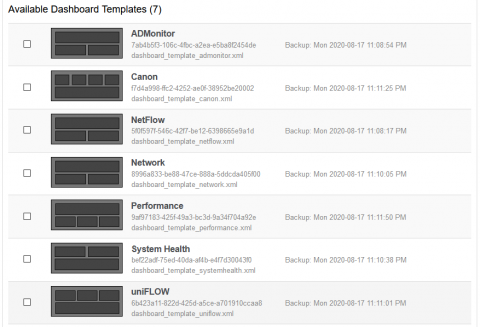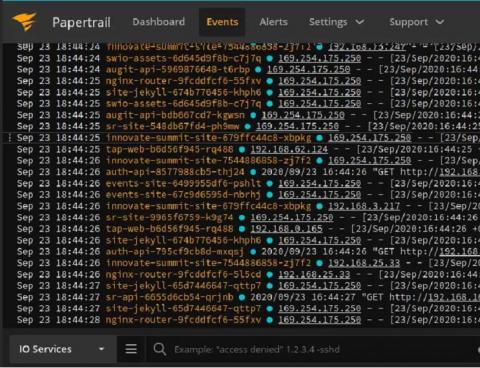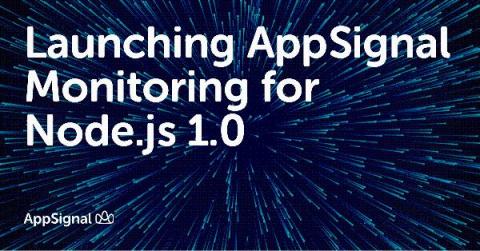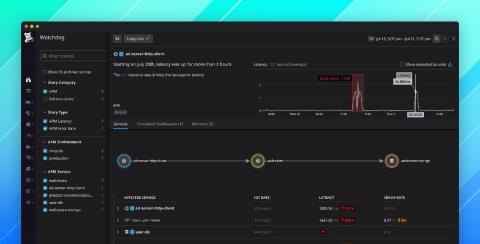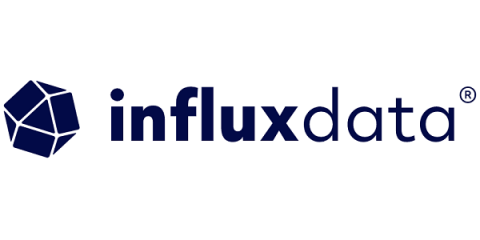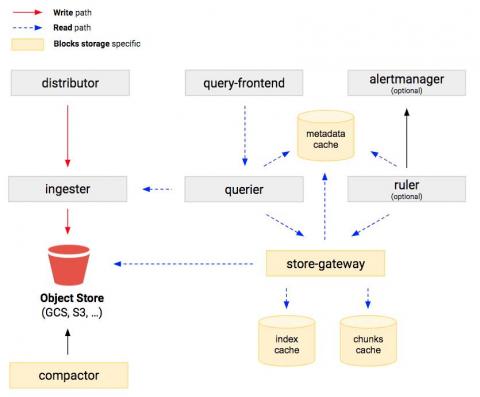Validating your IT environment, discovering browser extensions & more with EventSentry v4.2
This latest update to EventSentry improves your security posture with validation scripts, simplifies IT troubleshooting for both administrators and users, gives you visibility into installed browser extensions along with many other usability improvements in the web reports.


